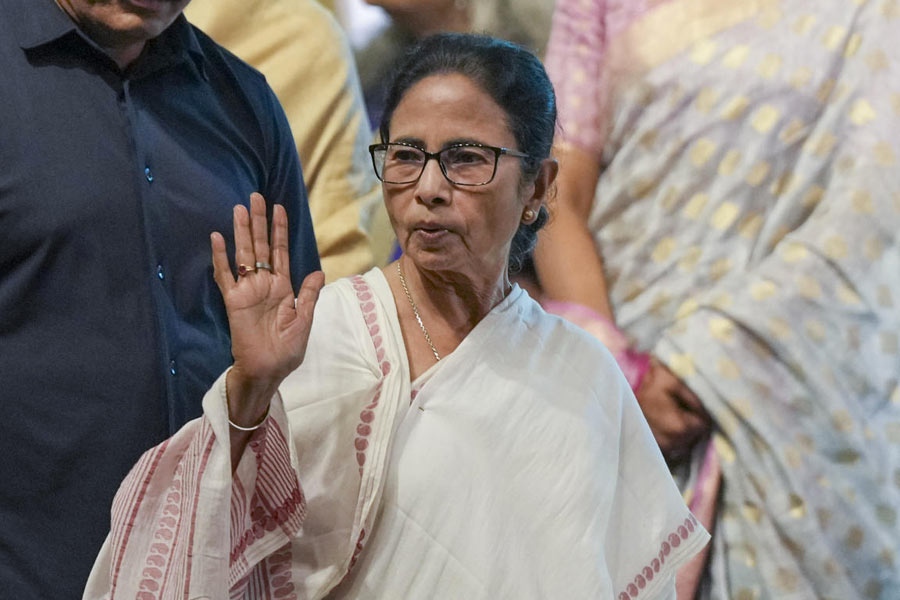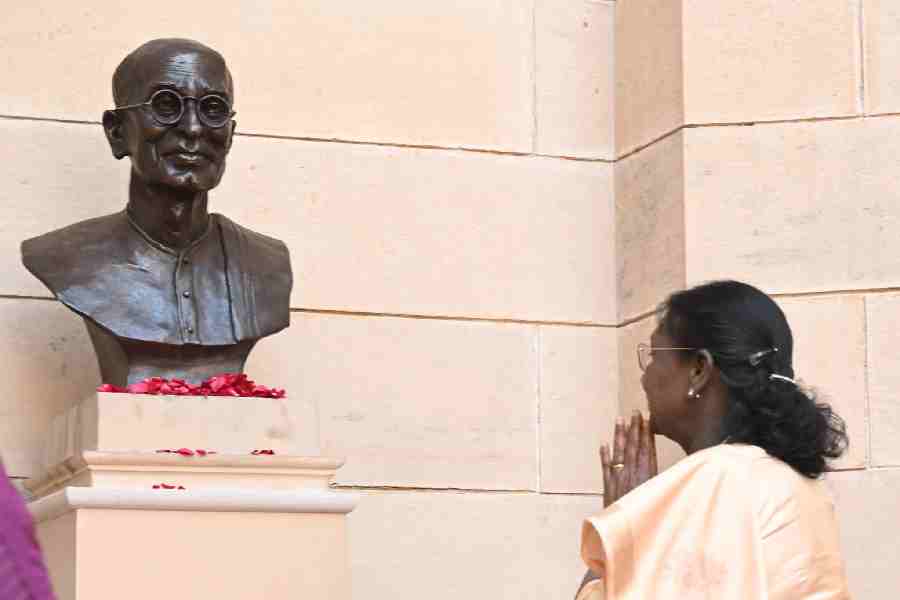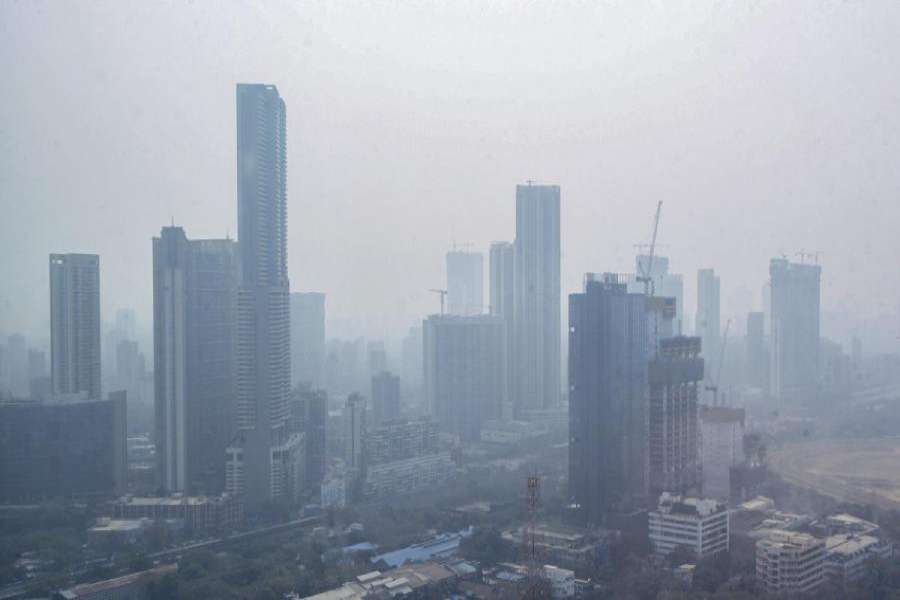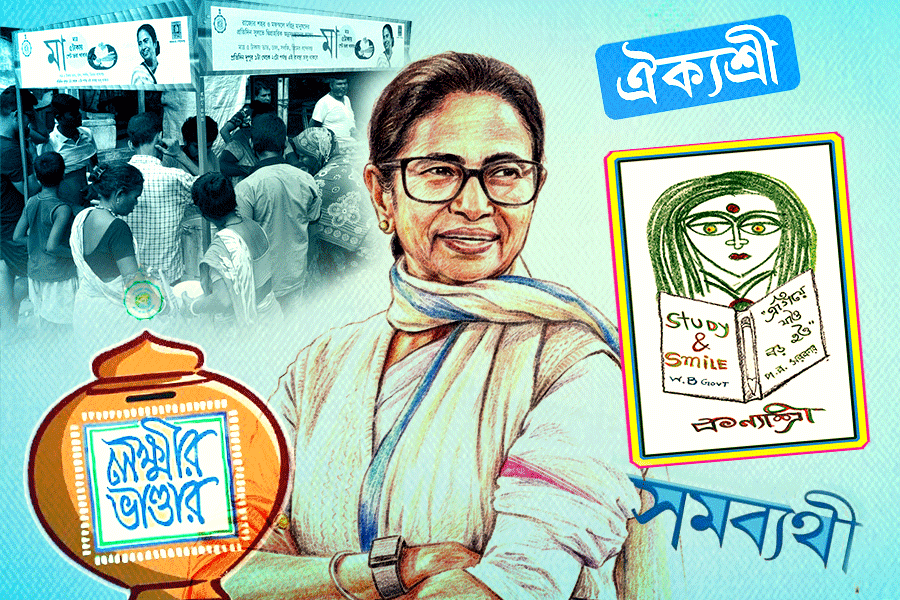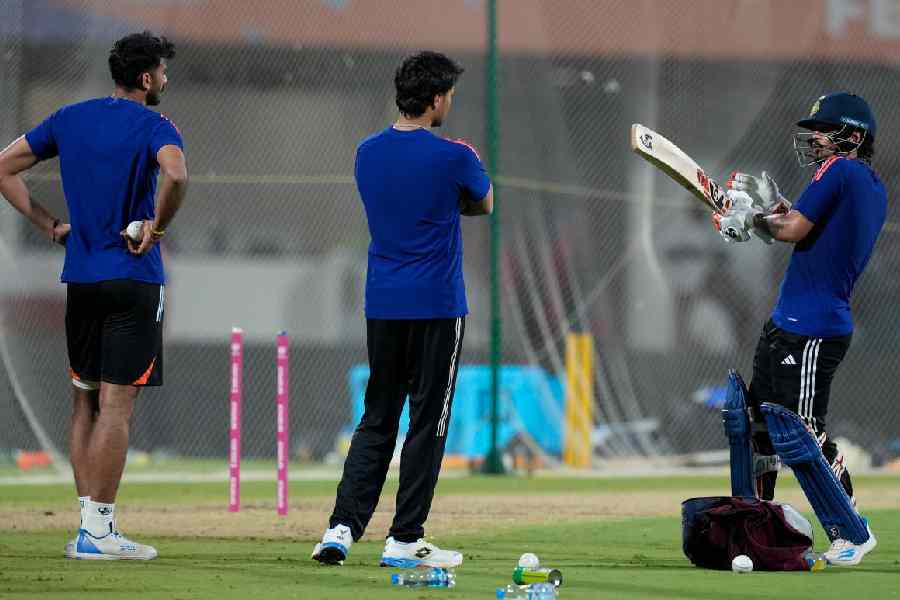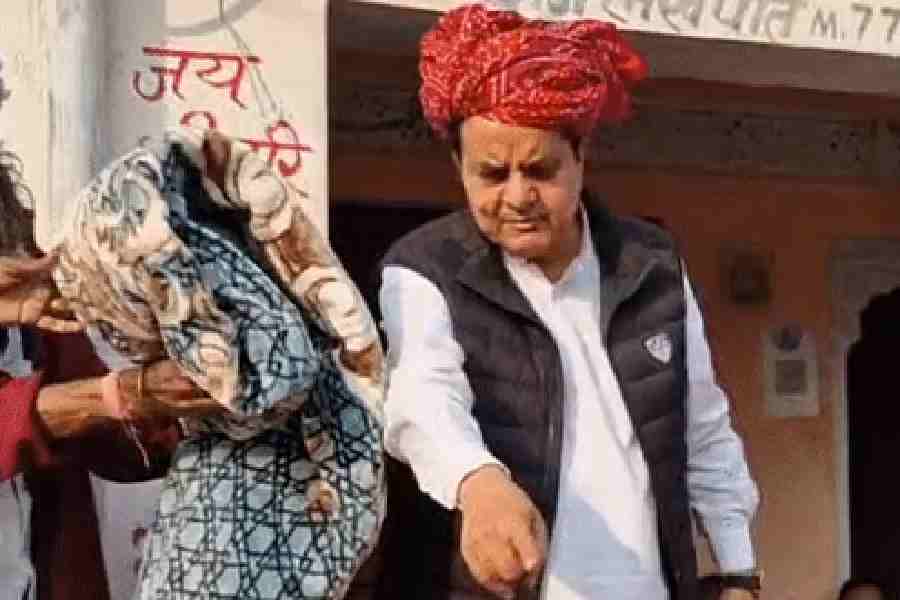The Congress leadership has stepped in to douse any dissidence over Rahul Gandhi’s focus on a caste census, a departure from the party’s traditional politics that has dismayed some upper-caste party veterans.
Congress president Mallikarjun Kharge on Sunday underlined that the wealth of billionaires rose 280 per cent between 2014 and 2022 — ten times the growth in the average national income — while defending the demand for a caste census.
Party communications chief Jairam Ramesh joined him in arguing that the inequalities of income and opportunity correspond to caste inequalities, and a remedy is impossible without gathering caste data.
“India’s richest 1 per cent enjoy 22.6 per cent of the national wealth, which is higher than their share (was) even during British times. The bottom 50 per cent has access to only 15 per cent of the national income. This has happened in the last 10 years of Narendra Modi’s rule,” Kharge said.
“Around 34 per cent families earn less than the minimum wage of Rs 375 a day. The Congress has therefore given a broad guarantee for social, economic and caste census under ‘Hissedari Nyay’. Through this exercise, a survey will be done about the social and economic status of different communities, their participation in the system and (their) share in the national wealth. This will be the harbinger of a revolutionary change.”
Some within the Congress feel that Rahul’s thrust on a caste census is not in tune with the party’s centrist politics that has relied on inclusion and justice without arousing caste sentiments. This lobby has, however, always protected the social status quo, never airing concern over the injustice that the marginalised sections have suffered over the decades.
The firm intervention by the party president and communications chief appears to betray fears within the leadership about fresh dissensions brewing in the party. This unease in the party was manifested in a letter to Kharge from veteran Anand Sharma, a Brahmin, a few days ago.
In the letter, also sent to Congress Working Committee members and legislature party leaders, Sharma argued that the Congress had never engaged in, nor endorsed, identity politics. He said the current departure from this position was a matter of concern for many.
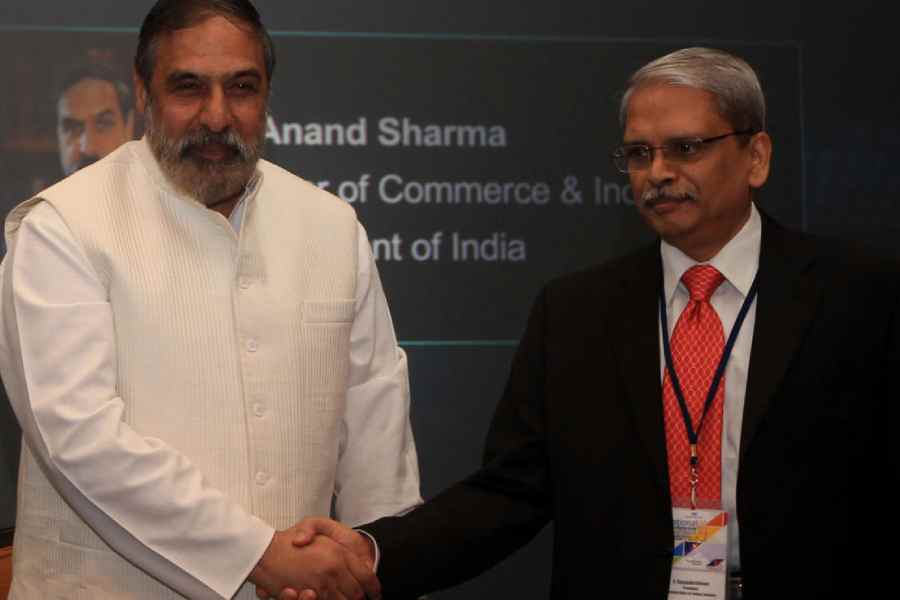
(Left) Anand Sharma File picture
Sharma, whom Sonia Gandhi had appointed Union commerce minister and deputy leader of the Rajya Sabha, developed differences with Rahul and formed the “G23” along with Ghulam Nabi Azad, who has since left the party.
Sharma’s decision to oppose the party’s decision on a caste census — a demand included in its poll manifesto — at this late stage is being seen as irresponsible. Many in the Congress privately allege it’s a conspiracy to harm the party in the general election.
“(The) Congress has believed in (an) inclusive approach, which is non-discriminatory in formulating policies for equity and social justice for the poor and the underprivileged,” Sharma’s letter said.
“In my humble opinion, this (demand for a caste census) will be misconstrued as disrespecting the legacy of Indiraji and Rajivji. Also by default, that will be an indictment of successive Congress governments and their work for empowerment of the disadvantaged sections.”
Sharma recalled Indira Gandhi’s 1980 slogan “Na jaat par na paat par, mohar lagegi haath par”, which sought votes based on the Congress’s policies and not caste identities.
Rahul has already expressed regret for the Congress’s past stance on a caste census and argued that the nation cannot progress without social justice. He has made this the fulcrum of his political discourse, earning enormous goodwill among the backward castes, Dalits and tribal communities.
Without referring to Sharma’s letter, Ramesh said: “The caste category in the census was done away with, except for those pertaining to Scheduled Castes and Scheduled Tribes, beginning with the 1951 Census. This was considered necessary given the challenges faced by a newly independent country.
“The last such census, due in 2021, has been repeatedly put off by the Modi government – so we are currently lacking the latest data.”
Ramesh added: “The Socio-Economic Caste Census (SECC) covering 25 crore households was conducted in 2011. The socioeconomic data is used now for welfare programmes but the caste data never got published by the Modi government.
“Over the past three decades, reservations in education and employment in the government and the public sector have come to cover not only SCs and STs, but also the Other Backward Classes (OBCs) and Economically Weaker Sections (EWS) of general castes.
“The government cannot plan for social justice without such data on the population in each of these categories. That is why a caste census becomes necessary. It is also essential in order to ensure more equitable distribution of reservation benefits within the reserved categories.
“Going beyond the population of each caste grouping, the real question we hope to answer is who benefits from fast economic development, and who bears its costs. Our experience shows that the benefits of growth in India are inequitably distributed.”


